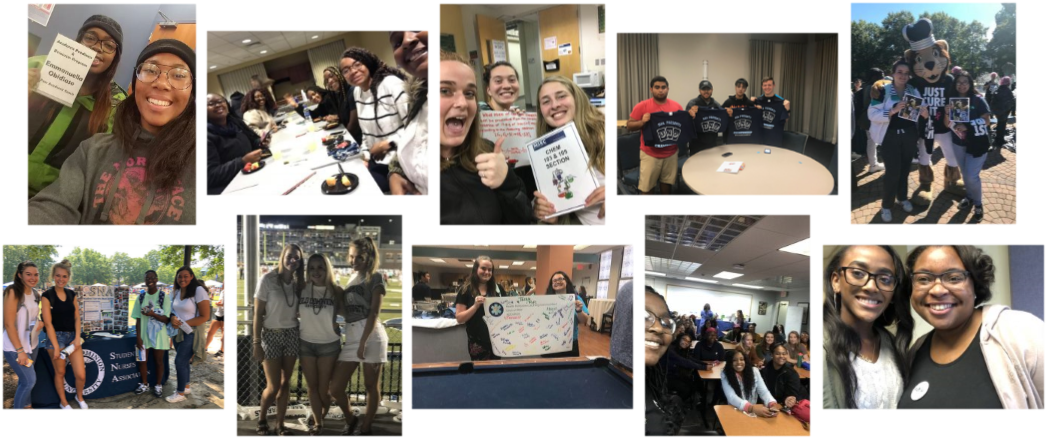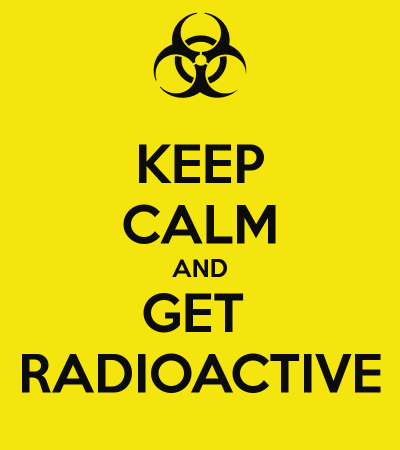Time Magazine recently published an article entitled “The 5 Best Jobs You’ve Never Heard Of.” In the piece they outline several high-paying jobs that are growing in demand, including a program we offer here at ODU: Nuclear Medicine Technology. According to John Reed, senior executive director at IT staffing firm Robert Half Technology, “Jobs are developing rapidly at the intersection of health care and technology.” And that’s exactly what Nuclear Medicine does: combines technology, science, and patient care—all in one job!
Sarah McLaren, a 2014 graduate of ODU’s Nuclear Medicine program and current Nuclear Medicine Technologist at Sentara shares her experiences below to help you learn more about Nuclear Medicine as a major and a career field.
___________________________________________
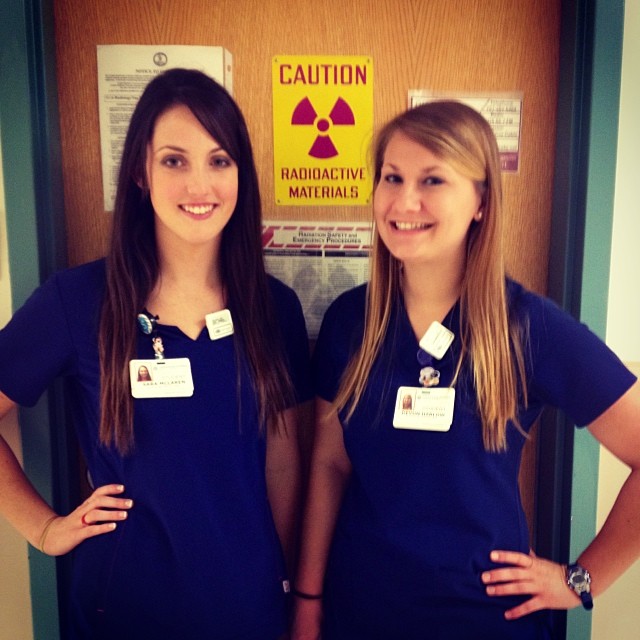
Time Magazine recently named Nuclear Medicine as “the best job that you have never heard of” in their January 2015 article. As a nuclear medicine technologist and ODU Nuclear Medicine Technology program graduate, I am here to let you know what this top job is all about!
What is Nuclear Medicine?
Nuclear medicine is a branch of diagnostic imaging. Nuclear medicine differs from other branches of radiology because we are able to image physiology, or how the body is functioning. Other radiology modalities such as X-ray, CT, MRI, and ultrasound generally rely on anatomical changes, or changes in the way that things look, in order to help diagnose disease. For example, a patient with severe abdominal pain may undergo an ultrasound or CT scan to check for swelling, fluid, or other indications that the ducts leading to or from the gallbladder are blocked. In nuclear medicine, however, we inject a radioactive isotope tagged to a pharmaceutical which mimics bile and lets us check the patency of the ducts in the hepatobiliary system by watching bile flow through the ducts. We then infuse a medication to contract the gallbladder and use our images to calculate the gallbladder function. Most nuclear medicine technologists work in a hospital, doctor’s office, or outpatient imaging center.
What is a day in the life of a nuclear medicine technologist?
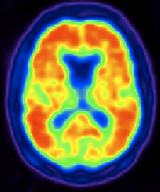 My favorite part of nuclear medicine is that it is never the same thing each day. Each patient is different; therefore each patient will have a different physiology. We do scans on every body system, so it is always interesting to see what the day’s schedule will bring! Each morning, I must perform quality control on a variety of nuclear instruments, receive packages containing radioactive material, and look into patient’s charts to discover their history and check certain lab work that could affect our exam. As the day goes on, I inject radiopharmaceuticals, image patients, and process a variety of studies for interpretation by a nuclear medicine physician. In emergent situations after hours, I am even the one who compounds the radioactive isotope to the pharmaceutical! What is great about my job, however, is that the radiologist really relies on the nuclear medicine technologist to make decisions about the best images and to provide accurate calculations in order to make an appropriate diagnosis.
My favorite part of nuclear medicine is that it is never the same thing each day. Each patient is different; therefore each patient will have a different physiology. We do scans on every body system, so it is always interesting to see what the day’s schedule will bring! Each morning, I must perform quality control on a variety of nuclear instruments, receive packages containing radioactive material, and look into patient’s charts to discover their history and check certain lab work that could affect our exam. As the day goes on, I inject radiopharmaceuticals, image patients, and process a variety of studies for interpretation by a nuclear medicine physician. In emergent situations after hours, I am even the one who compounds the radioactive isotope to the pharmaceutical! What is great about my job, however, is that the radiologist really relies on the nuclear medicine technologist to make decisions about the best images and to provide accurate calculations in order to make an appropriate diagnosis.
How did the ODU program prepare you for your career?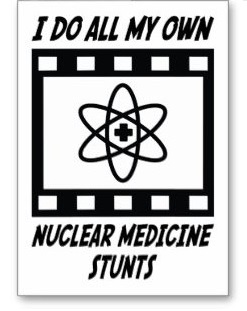
As an ODU student, I had a love for math and science, but craved the more personal relationship found in healthcare. As a nuclear medicine technologist at Sentara Princess Anne Hospital, I have the opportunity to combine science, math, and technology with patient care. In the ODU Nuclear Medicine Technology program, all students do clinical rotations at three local hospitals and other specialty nuclear medicine locations, where we are trained by actual nuclear medicine technologists practicing in Hampton Roads. By the time I graduated, I had a year of practical working experience in nuclear medicine, and after graduation I felt completely prepared to begin my career as a nuclear medicine technologist.
What kind of skills do you need to be a Nuclear Medicine Technologist?
Nuclear medicine is ideal for a student who loves to work as part of a team, has a love for math, science, pharmacy, and technology, and is able to handle multiple tasks at one time. Most of all, however, a potential nuclear medicine technology student should have a love for patients and a commitment to providing the best possible study for each patient. Some advice I have for a student preparing for a nuclear medicine career is:
- Shadow: Ask to shadow at a local nuclear medicine or PET department to make sure you know what you are getting yourself into!
- Volunteer: Join your local rescue squad or volunteer at a hospital to get some healthcare experience.
- Study Hard: The information you learn in class is what you will be using every day during your career!
Any student looking for more information please check out: https://www.odu.edu/mdts/nuclear-medicine or contact me with any questions!
Sara McLaren, BSNMT, CNMT
ODU Nuclear Medicine Technology Class of 2014
Nuclear Medicine Technology Certification Board Pass with Highest Distinction
shmclare@sentara.com
Sara is a 2014 graduate of the ODU Nuclear Medicine program. She is currently working at Sentara in the Nuclear Medicine department.

